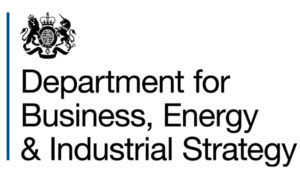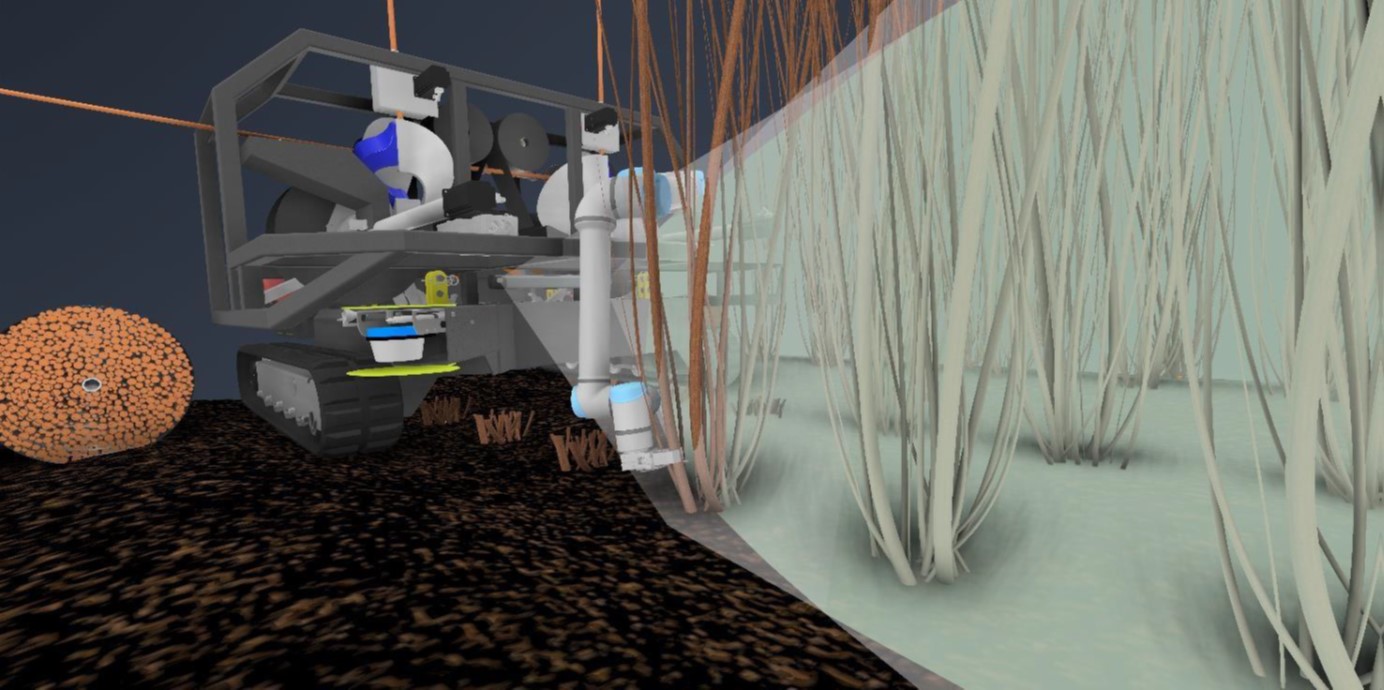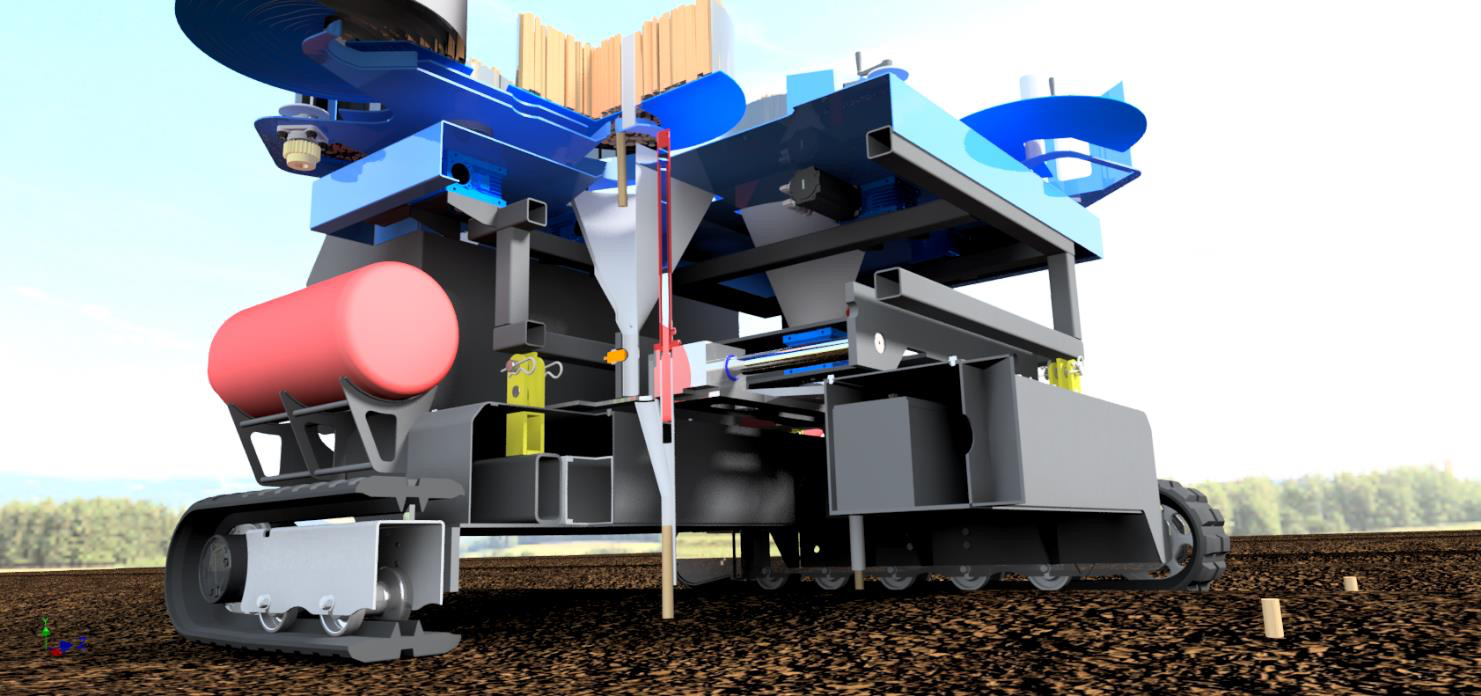Net Zero Willow – funding achieved for project that will transform the home-grown biomass supply industry
A ground-breaking new project that could help the UK meet its Net Zero targets, has been awarded £3.99 million of funding from the Department for Business, Energy and Industrial Strategy (BEIS) through the Biomass Feedstocks Innovation (BFI) Programme.
The aim of the Net Zero Willow (NZW) project is to construct, test and develop to full commercial deployment three innovations that will enable the rapid scaling up of the UK biomass supply chain whilst also boosting the rural economy.
The proposed machines will facilitate the efficient multiplication, planting and harvesting of Short Rotation Coppice (SRC) willow crops. Key benefits include increased automation, reduced handling and lighter machinery that result in a lower environmental footprint.
The NZW project is led by Jamie Rickerby of Willow Energy and includes a partnership comprising the consultancies Crops for Energy and Materia Nova and several engineering companies including Systems Hydraulics, GC Engineering, CM Engineering (Scotland) Ltd and F-Angéloz SA.
The three innovations being developed are:
- An All-Terrain Robotic Base Vehicle (ATRBV) complete with two separate attachments,
- Rod Harvester Attachment (RHA)
- Rod Planting Attachment (RPA)
- A tracked harvester with new cutting drum, integrated storage bunker with telematics functionality.
Jamie Rickerby of Willow Energy says:
“The Net Zero challenge is significant and to achieve this we need radical and disruptive innovations. Our innovations are being developed from the ground up to travel and operate on UK marginal land in the harshest of conditions. They are not conceptual designs that only work in theory. They are designed to work in muddy fields in the British winter and with mass production in mind. The innovations use components that have been tried and tested in other applications and are readily available. The specialist parts are designed to be tough but also cheap and easy to replace when required.”
“Our inspiration for Net Zero Willow is based on the Sky cycling team model of improving performance through marginal gains. We believe we have come up with designs that will transform the sector in a very short time period by making small to significant improvements at every step of the way – reducing costs, increasing revenue, improving yields and reducing greenhouse gas emissions.”
Kevin Lindegaard of Crops for Energy says:
“These machines will provide the most significant steps forward in SRC planting and harvesting machinery for 30 years. This project ticks the boxes in many aspects – it will enable SRC to be expanded to parts of the country where there is a distinct need and onto terrain that other machinery simply can’t reach. The revenue benefits for growers together with the availability of reliable machinery will encourage more farmers to plant SRC willow, creating a snowball effect”.
“The UK claims to be leading the world on climate change innovation and these machines will deliver on this promise. The BFI programme will provide us with the opportunity to demonstrate this globally. There is nothing like this in our industry and we anticipate many willing investors and buyers all around the world”.
More information:
 The Biomass Feedstocks Innovation Programme is a £36 million programme, funded through the Department for Business, Energy and Industrial Strategy’s £1 billion Net Zero Innovation Portfolio, which aims to accelerate the commercialisation of innovative clean energy technologies and processes through the 2020s and 2030s.
The Biomass Feedstocks Innovation Programme is a £36 million programme, funded through the Department for Business, Energy and Industrial Strategy’s £1 billion Net Zero Innovation Portfolio, which aims to accelerate the commercialisation of innovative clean energy technologies and processes through the 2020s and 2030s.- Biomass Feedstocks Innovation Programme press release
- Redacted Net Zero Willow Phase 1 report


